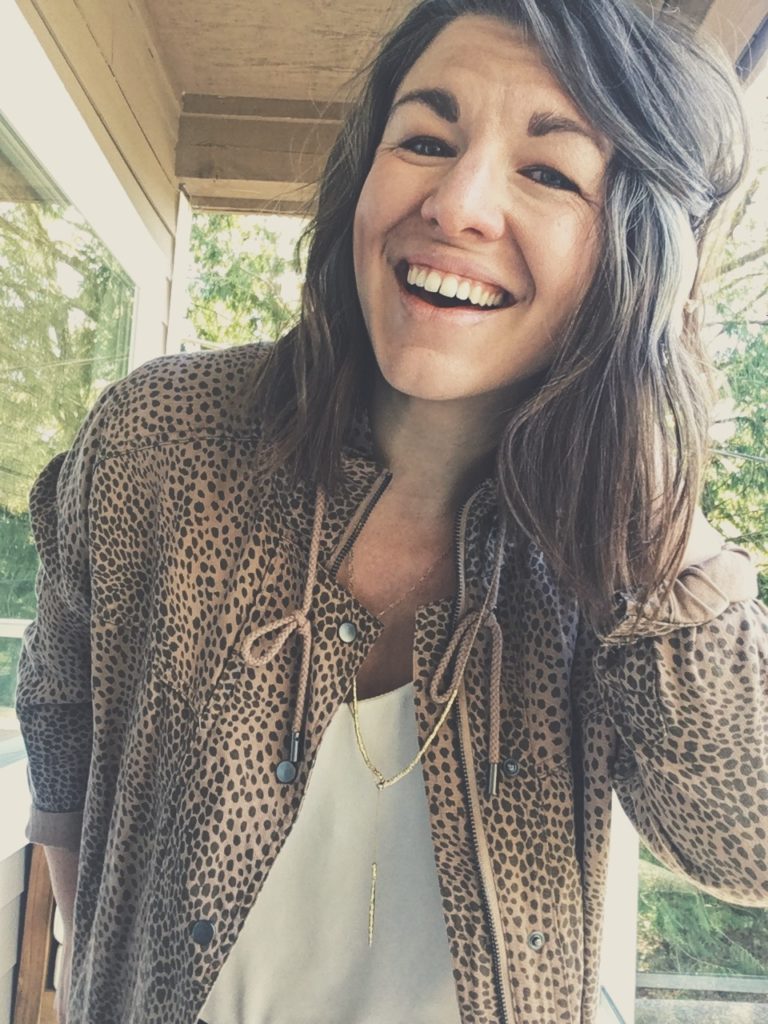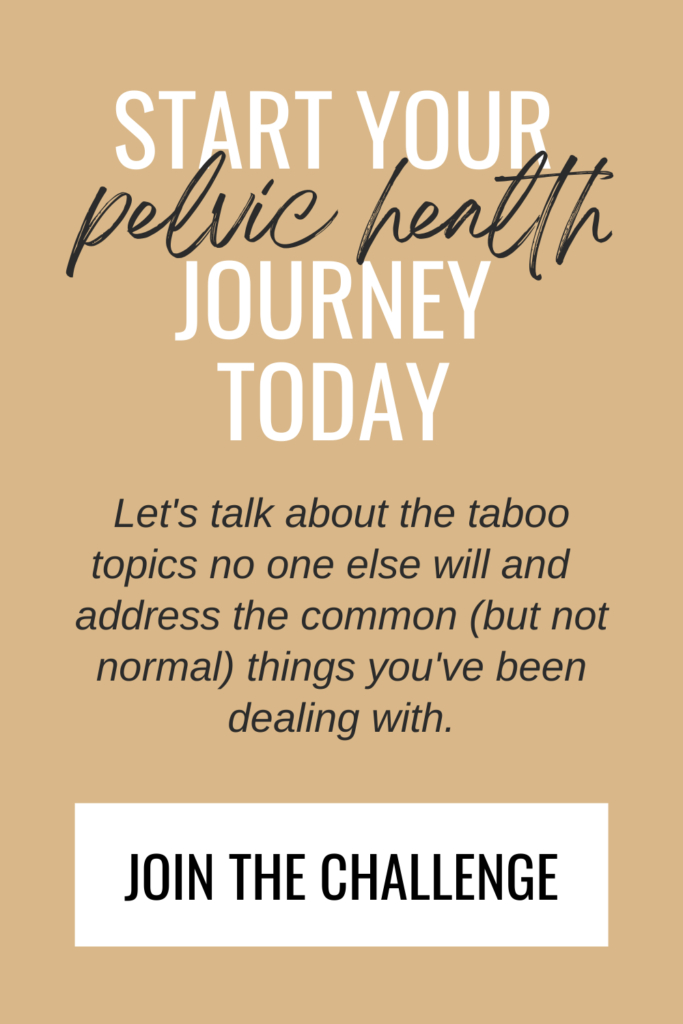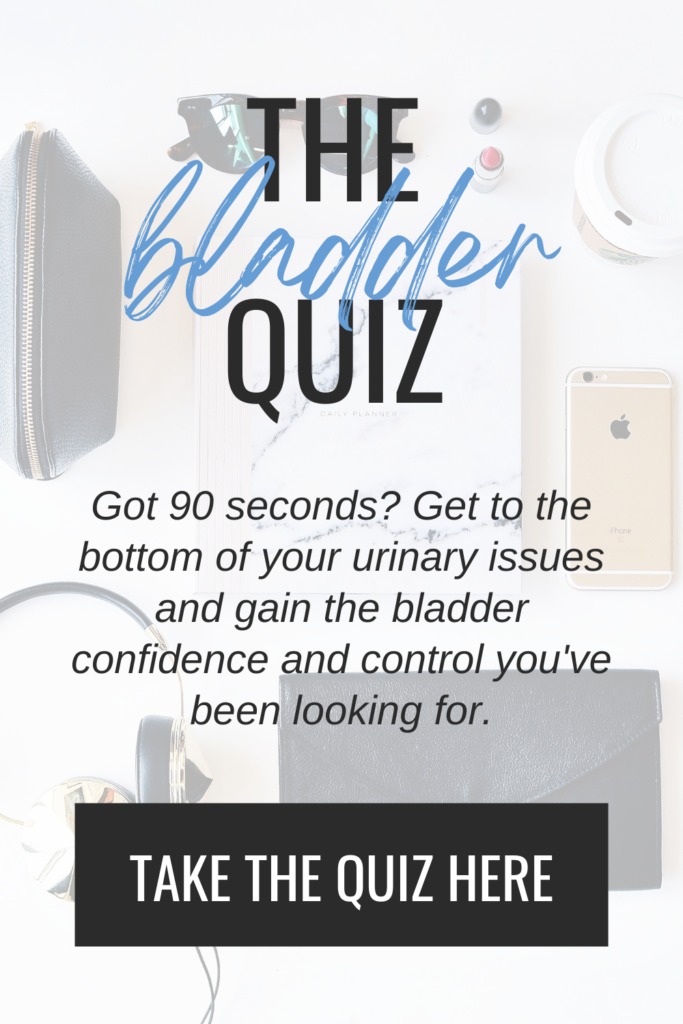I, along with over 200 million other women, have been diagnosed with endometriosis. It’s a disease where tissue that is similar to the lining of the uterus implants and grows in other areas of the body. I found out I had endo when I was 26, and spent the following years of my life medially mismanaged, paralyzed by pain, and afraid of infertility.
I blindly listed to doctors who, in retrospect, were just as misinformed as I was. I had laparoscopic endometrial excision surgery, and at my first post-op appointment I was guaranteed the need for a hysterectomy in the near-ish future. I took hormonal birth control for five years without a period to “keep my endometriosis in check”. I warned potentially serious boyfriends of my even greater potential for infertility and nearly ruined countless relationships over jealousy as friend after friend announced her new pregnancy.
It wasn’t until I became a pelvic floor physical therapist that I started researching endometriosis a bit more. Then when I wanted to begin just maybe trying to get pregnant, I dove even deeper. (If you want to read about the steps I took after taking my last birth control pill, click here.) While excision surgery is considered the gold standard for removing endometriosis, it’s not a cure, and there are so many other “little” life changes I should have tried to better manage my health and hormones before, during, and after my operation.
If I’m being real- I get frustrated that my doctors didn’t mention things like diet modifications, exercise considerations, supplement options, and stress management. I mean…I get it. Those things aren’t easy or sexy, they’re not quick fixes, and tbh, they don’t bring in the money like surgery and prescriptions.
But let’s get even more honest here- endo isn’t easy and there is currently no quick fix for it.
As a pelvic floor PT, I find myself helping women manage their endometriosis symptoms daily. I’ve been the first to tell a patient “I think you might have endo” and I’m often a person’s only medical provider acknowledging their symptoms and guiding them through the disease with more than recommendations for hormone suppression.
In my years of not only standing up for myself but also empowering others to take their health into their own hands, I’ve compiled a list of go-to sources for learning about the disease beyond what I can provide as a physical therapist. “It’s all in your head” and “your options are limited” are no longer acceptable responses to an endometriosis diagnosis, and I’ve gathered my favorite resources that will lead you in the right direction.
5 Instagram accounts worth following…
@endometriosissummit– You can find the latest and greatest in endometriosis research and treatment here as well as information on the yearly summit that I absolutely MUST attend one of these days.
@endo.fertility.dietician– Cindy is a registered dietician and #endowarrior herself who prefers to take the non-restrictive and natural approach when managing the disease. She also has a quiz that helps you figure out where you should start on your endo journey, and I can vouch that it’s well worth your time.
@endohealthhub– An account with quick and helpful tips for those with endometriosis and an atmosphere that sparks questions and conversation which is key (IMO) to fighting this disease.
@menstruationqueen– Cassandra is a naturopathic doctor and hormone specialist who channels her energy into beautiful and informative posts as well as witty reels that make learning about the female cycle absolutely addictive.
@moonli.x– Arin is a functional nutritionist who uses her knowledge to help manage her own endometriosis and brings her followers along in a way that is nothing but honest and helpful.
4 podcasts that deserve a download…
The Pelvic Health Podcast: Endometriosis with Michelle Lyons– If you listen to one podcast episode, let this be it. I may be biased because it’s produced by a pelvic floor PT, but the facts that are dropped in this one are everything I wish I would have known six years ago.
As a Woman: Endometriosis– Natalie Crawford is an MD who specializes in fertility and spends her episodes discussing all things women’s health. In this particular episode she breaks down endometriosis in a way that I wish all doctors would.
Nourish, Nurture, Breathe Podcast: What to Eat for Endometriosis, IBS, Gut Health, and Hormone Balance– This episode is the second in a series where Christie and Kami explain how to make your diet and lifestyle work with your endo symptoms. I definitely had a pen and paper out for this one.
The Endo Babe Podcast with Chelsea Bri– There is truly not a topic around endo that Chelsea doesn’t cover. As someone with the disease, she knows what answers we’re craving, and brings on the best guests to make sure all topics are covered comprehensively.
3 Facebook groups you won’t regret joining…
The Endometriosis Summit– This is the same Endometriosis Summit that I listed in the Instagram account section, because yes…it’s that good. If you’re looking for one to place to send your friend, mom, doctor, or significant other to learn more about the disease, THIS would be it.
Endo Empowered– This group’s focus is on natural endometriosis management and avoiding repetitive surgeries. I’ve come across countless recipes, workout tips, and encouraging words from joining this one.
Nancy’s Nook Endometriosis Education– If you’re looking into getting a laparoscopic endometrial excision, this is the place for you. Here you’ll find a catalogue of specialized endo surgeons as well as other member’s pre- and post-op stories and tips.
2 books that belong in your library…
“Outsmart Endometriosis: Relieve Your Symptoms and Get Your Career Back On Track” by Dr. Jessica Drummond– Again, I’m biased because this is written by a PT, but this book is full of simple strategies for relieving pain and managing energy, specifically for those trying to manage work life with endometriosis.
“Beating Endo: How to Reclaim Your Life From Endometriosis” by Iris Kerin Orbuch, MD and Amy Stein, DPT– Ok, ok…last one by another PT. This book describes endo in an oh so approachable way, and then gives actionable techniques to manage symptoms that will have you dog-tagging and highlighting nearly every page.
1 video you’re gonna want to watch…
I did a live zoom series on hormones, and one of the episodes was all about endometriosis, PCOS, and fibroids. I talk about my history with the disease, the good, bad, and ugly in treatment options, and what I wish I would have known when I was first diagnosed. Click here to get access to this episode recording along with the entire eight video series.
Whew!
I know that’s a ton of information and your head might be spinning trying to soak it all in. I suggest choosing your favorite way to consume content and start there, then move on to the other sources when you’re ready. While I fully understand wanting to learn and implement it all liiiiiike yesterday, set yourself up for success- try ONE approach before going to the next. Healing can be overwhelming, but slow and meaningful action is the goal here.
If you have any other must follow/join/read/listen suggestions for endometriosis education, will you do me a favor and drop them in the comments section below? Managing this disease takes so much work, but if we do it together, we’re more likely to get to the finish line faster.
Oh! And please share, share, share with your friends (and medical providers ~wink wink~)! One in ten women have endometriosis, and the more we get the word out, the more healing can happen.















